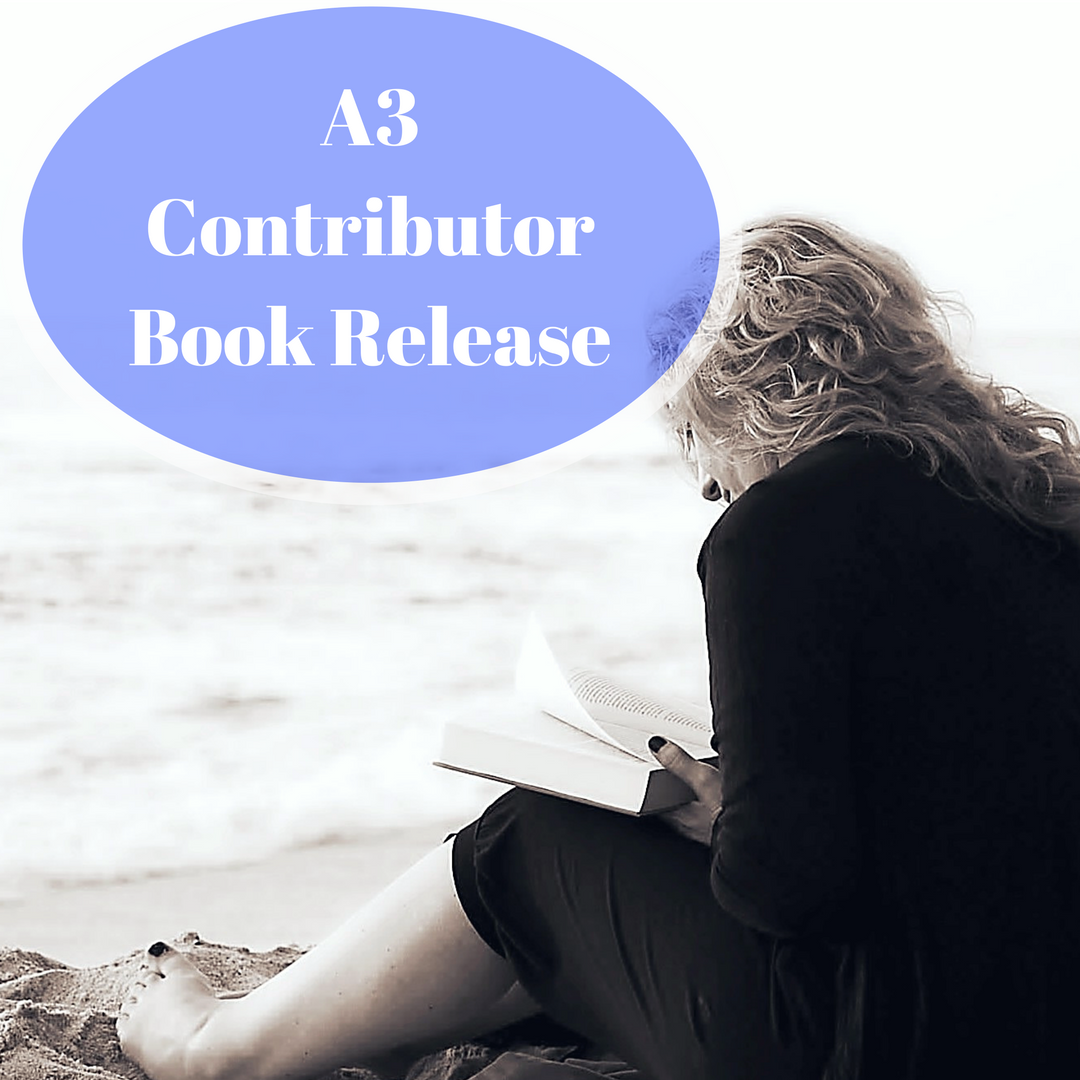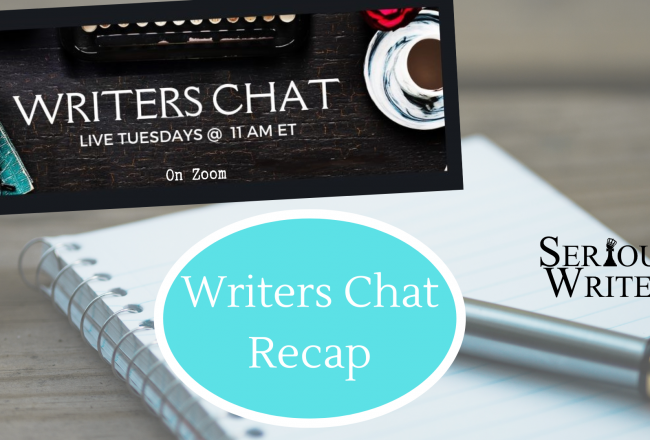
Help Me with My Book!
As more books are published in a variety of ways (traditional, self-pub, hybrid, assisted), a whole crop of people…
November 9, 2023
As more books are published in a variety of ways (traditional, self-pub, hybrid, assisted), a whole crop of people…
November 9, 2023
Several years ago, I portrayed a coal miner in a community play, and it opened my eyes to some…
November 6, 2023
He chose our inheritance for us. Psalm 47:4 NIV Abraham was a seeker of God. His heart knew the…
November 3, 2023
Writers Chat, hosted by Johnnie Alexander, Brandy Brow, and Melissa Stroh, is the show where we talk about all…
October 31, 2023
Recently, I discussed with a fellow health nut at the gym that I was wanting to try something new…
October 29, 2023
Sustainability is a hot topic in every industry. 69% of consumers say they’ve made changes to their shopping habits…
October 28, 2023
Sara Watterson’s young adult novel, The Dreamer, was recently named as a Christy Award finalist for 2023. I thought…
October 27, 2023
As an acquisitions editor and a former literary agent, I’ve reviewed thousands of book proposals. For any writer who…
October 25, 2023
Almost an Author is pleased to announce book releases this month by two regular columnists, Lori Z. Scott (Mastering…
October 23, 2023
“You’ve drawn back,” that familiar voice whispered to my heart. I tried to shrug off the nudge. I knew…
October 19, 2023
Writers Chat, hosted by Johnnie Alexander, Brandy Brow, and Melissa Stroh, is the show where we talk about all…
October 18, 2023
You’ve worked hard to write your middle grade novel, and now you’re ready to sell it to a publisher.…
October 16, 2023
Freelancing as a writer can be deeply rewarding. You’re getting paid to show off your wordsmithing skills and can…
October 14, 2023
Nondescript, the small store named *Joe’s Mattress! lay nestled in between two, more active businesses. Its blandness caught my…
October 12, 2023
“I was born as a small child…and did stuff.” My bio in nine words, but who’s counting? One piece…
October 9, 2023
Currently, here in my “neck of the woods” as we call it in Eastern Kentucky, we are in the…
October 6, 2023
“Who has the capability to interpret an unknown language?” King Belshazzar The nobles couldn’t. His family couldn’t. The wisest…
October 2, 2023
Writers Chat, hosted by Johnnie Alexander, and Brandy Brow, is the show where we talk about all things writing,…
October 1, 2023
If you are like most people, you are excited about the arrival of fall this month. I have been…
September 29, 2023
We all know marketing is a must. One of the tools authors can use to gain traction is hosting…
September 27, 2023
When you submit your materials, editors, agents and publishing executives prefer to read a well-crafted proposal instead of a…
September 26, 2023
Authors need to grow their platform. Authors want to sell books. One thing the marketing experts usually agree on…
September 24, 2023
In 2001, I signed a contract to write four children’s science-fantasy adventure books with an impossible deadline. The contract…
September 22, 2023
Writers Chat, hosted by Johnnie Alexander, Brandy Brow, and Melissa Stroh where we talk about all things writing, by…
September 19, 2023
Recently, I had to pause several of my plans to help family. I got behind in my writing goals…
September 17, 2023

